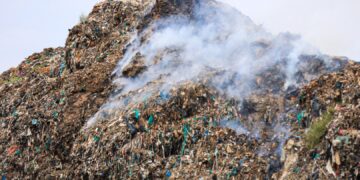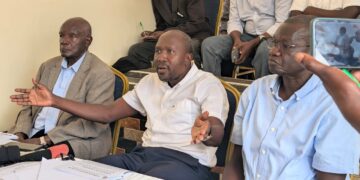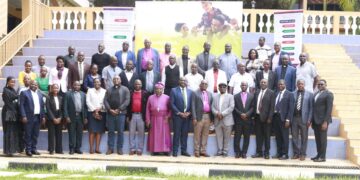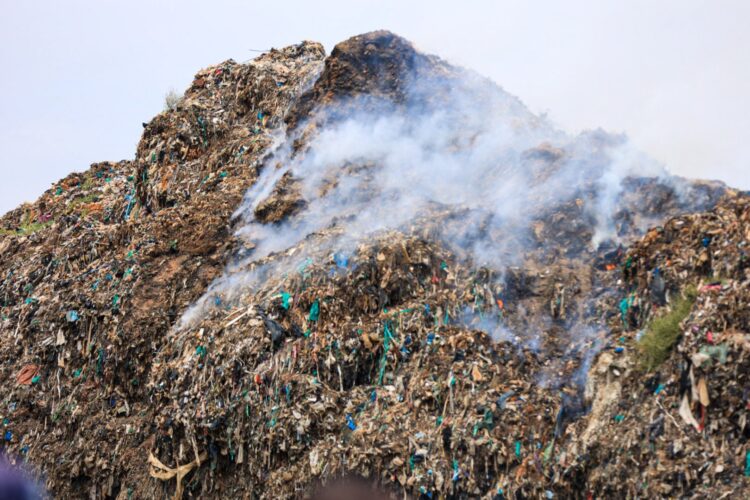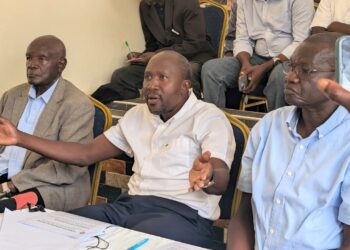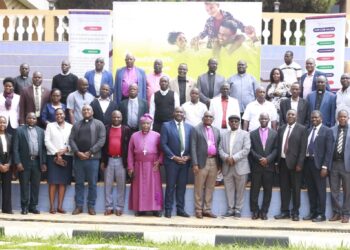By Leonard Kamugisha Akida,
KAMPALA
The Kampala Capital City Authority (KCCA) has intensified efforts to compensate and rehabilitate victims of the August 2024 Kiteezi landfill collapse, which displaced at least 142 households.
The disaster occurred on August 10, 2024, when a section of the Kiteezi landfill in Wakiso District gave way after days of torrential rain, causing a massive mudslide that swept through homes and farmland in the surrounding areas. The collapse not only displaced residents but also raised concerns about long-term environmental and public health risks.
Speaking to journalists at Uganda Media Centre on Monday, Hajjati Sharifah Buzeki, the Executive Director of KCCA revealed that the authority in conjunction with the Office of the Prime Minister have coordinated a multi-agency response to address the humanitarian and infrastructural impact of the disaster.
“The 18 Properties of the Households Affected during emergency excavation have been compensated,”said Buzeki
Meanwhile, 34 households whose homes were submerged during the slide have undergone official valuation, with a total payout of Shs2.14 billion approved by the Chief Government Valuer.
“The process of disbursing compensation to these families is now underway, and we are closely tracking its progress,”
Additionally, the ED said the structural integrity of 70 more homes affected by flooding was assessed, and the assessment report was officially handed over to KCCA on July 30, 2025, pending valuation costs from the Chief Government Valuer.
Eight undeveloped plots of land within the disaster zone have also been identified. Owners of these parcels have been verified, and valuations are ongoing.
“Once we receive the final valuation reports, we will formally request the Minister of Finance to release the necessary funds to compensate these affected persons as well,” Hajjati Buzeki added.

The Kiteezi landfill, which has long served as Kampala’s primary waste disposal site, has faced scrutiny over its management, safety protocols, and nearing capacity. Calls for a sustainable and decentralized waste management system have grown louder in the wake of the tragedy.
This is not the first time concerns have been raised about the aging facility. Environmentalists and civil society groups have previously warned of the risks posed by poor drainage, waste overaccumulation, and the lack of contingency planning for extreme weather events.
KCCA has pledged to strengthen urban resilience strategies and is working with development partners to explore long-term solutions, including relocating the landfill and implementing more robust environmental safeguards.
“Buyala will be a game-changer as an integrated waste management hub,” Buzeki said, referring to a modern integrated waste management facility which KCCA procured in Mpigi.
However, she highlighted some of the challenges facing the authority’s efforts to address solid waste problems in Kampala.
“We still need funding for a garbage trucks for each of the 100
parishes to manage waste effectively,” she said.
